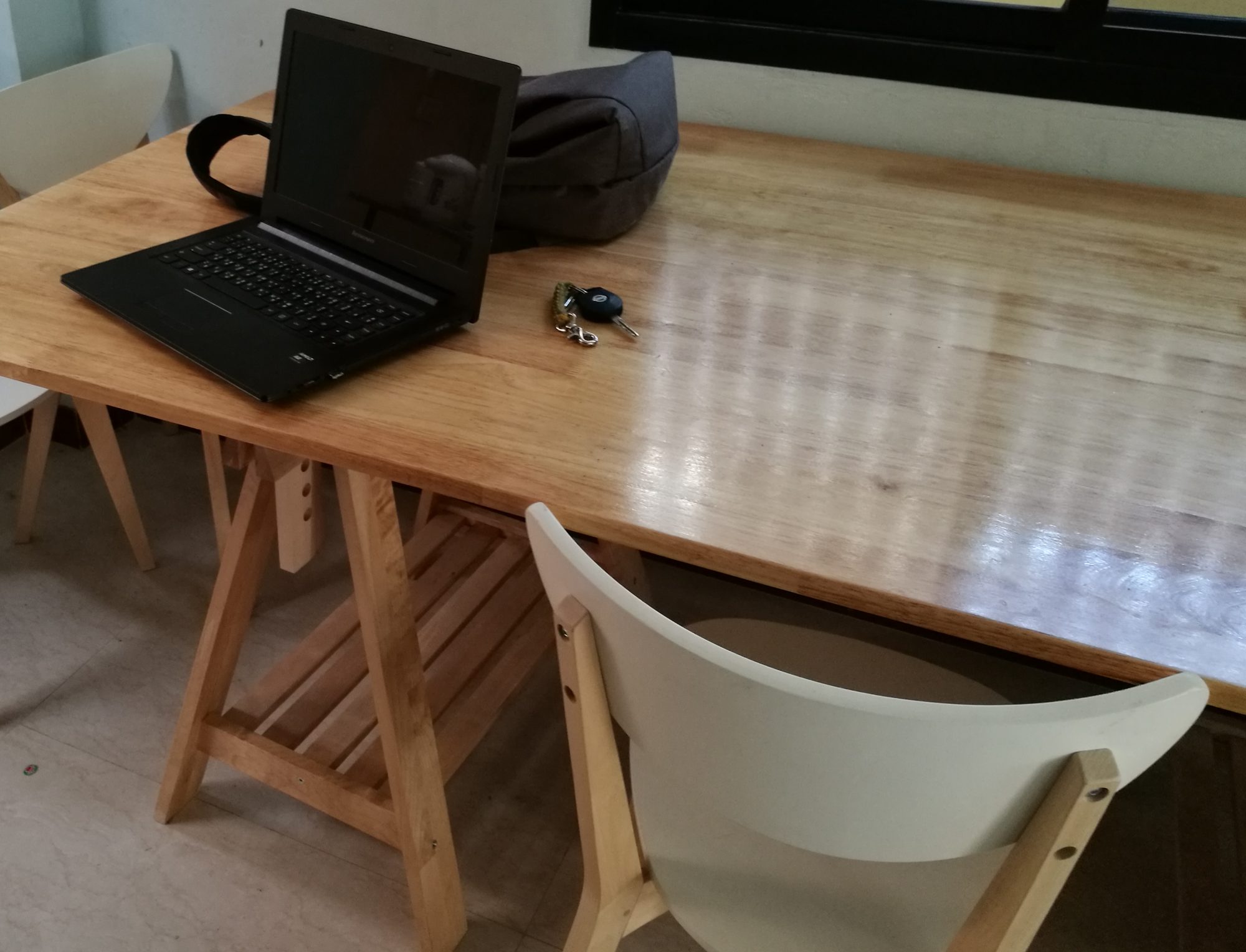As Project Leads and Project Manager, there were always question about agile coach that “Why we cannot direct answer the question about project to team?”
If you wondering in this question like me, I like the good example from Power of moments from Heath Brothers. this is the quote from the book itself.
The chapter is “Trip over the truth”: the part we focus is Community-Led Total Sanitation (CLTS)
what is CLTS? CLTS is method that made the community understand what happen and how to solve the sanitation problems. The person that do the community solution drive call CLTS facilitator (sound familiar?).
CLTS facilitator assign to help community to solve problems in sanitation about toilet usages.
I put all quote for better understanding. BEWARE if you eat something, some disgusting is in the article.
“
A CLTS facilitator arrives in a village and introduces himself. “I’m studying the sanitation profiles of different villages in the area,” he says. “Mind if I look around and ask some questions?” Once he has hung around long enough to attract a small crowd, he conducts a “transect walk,” leading the crowd from one side of the village to the other.
“Where do people shit?” he asks, and the villagers direct him to the common areas of defecation. They are embarrassed, eager to move on, but he lingers. He points: “Whose shit is this?” He asks them, “Did anyone shit here today?” A few hands go up.
The stench is overpowering. People are covering their noses with their clothes. The facilitator keeps asking disgusting questions: “Why is this shit yellow? Why is this one brown?”
The facilitator draws attention to the flies flitting between piles. “Are there often flies here?” Nods all around. He sees a chicken pecking at the shit. “Do you eat this kind of chicken?” More reluctant nods. All his questions are studiously neutral. The facilitator has been trained only to ask questions, not to offer advice or opinions.
The group completes the transect walk and stops in a large public space. The crowd has grown larger, curious about what’s happening. The facilitator asks them to draw a rough map of the village in the dirt. Quickly, the villagers map out the boundaries of the village, along with important landmarks—a school, a church, a stream. Then the facilitator asks them to use stones or leaves to mark where their individual homes are.
Once the map has been filled in, he points to a bag of yellow chalk he has brought and asks them to sprinkle some on the places where people shit. He says, “Where there’s more shit, use more chalk.” There is nervous laughter. The kids enjoy sprinkling the chalk on the open defecation areas.
Now the facilitator asks, “Where do you shit in an emergency—say if there’s a rainstorm, or if you have diarrhea?” More laughter as new heaps of yellow chalk are scattered around. Often it circles people’s homes—in those emergency situations, people can’t make it to the common areas.
It is hard to miss, at this point, that the entire village is covered in yellow.
There is a turbulent energy in the crowd: anxious, disgusted, angry, and embarrassed. They aren’t sure what it all means.
The facilitator asks for a glass of water.
Someone provides the water, and he asks a woman if she would feel comfortable drinking it, and she says yes. He asks others and they agree.
He pulls a hair from his head. “What’s in my hand?” A hair. “Can you see it clearly?” No, not really. He walks over to a pile of shit near the meeting area and dips his hair into it. Then he plunges the dirty hair into the glass of water and swirls it around.
He hands the glass to a villager and asks him to take a drink. The man refuses. He passes it along, but they all refuse. “Why do you refuse?” Because it has shit in it!
The facilitator looks puzzled. He asks, “How many legs does a fly have?” Six. “Right, and they’re all serrated. Do you think flies pick up more or less shit than my hair?” More.
“Do you ever see flies on your food?” Yes. “Then do you throw out the food?” No. “Then what are you eating?”
The tension is unbearable now. This is what Kamal Kar calls the “ignition moment.” The truth is inescapable: They have been eating each other’s shit. For years.
Often at this point, the discussion spirals out of the facilitator’s control. People are agitated. They start challenging each other: We can’t continue this! This is madness! How can we stop this?
They often ask the facilitator what they should do. But he declines to answer. “You know your village better than I do. You’re free to choose anything you want, including continuing to defecate in public.” But the villagers are determined now. It feels intolerable to live with the status quo another day.
“
I wish you have some ideas in this point.
I have plenty of ideas about why agile coach need to drive team to answer the question.
